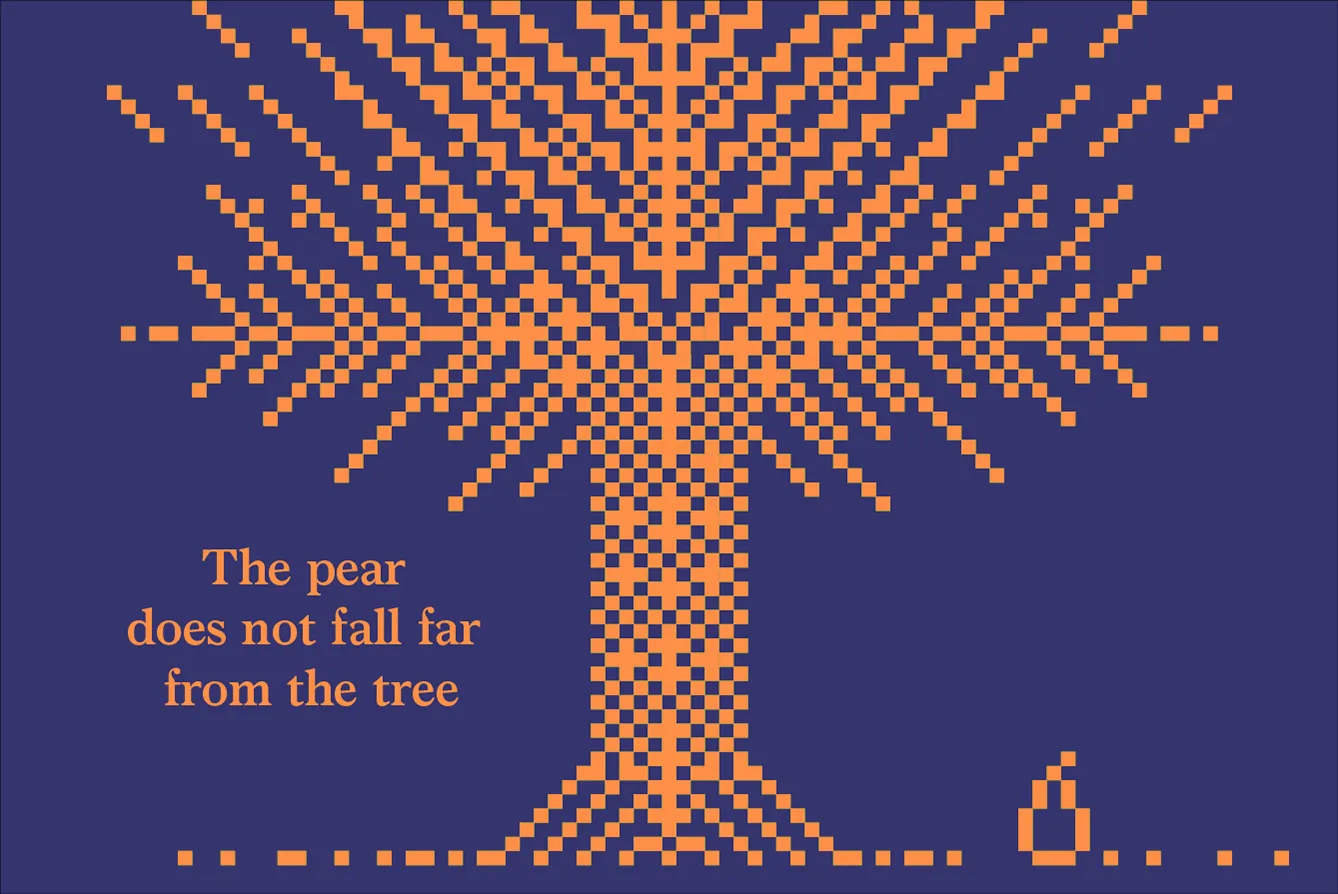One can be sure that in any romcom movie comes a moment when one of the characters is so in love, they would want to shout it from a rooftop. And while many viewers in Bulgaria might share the sentiment, there’s a little voice inside them uttering the old Bulgarian saying, “Too much good is not for good.” You’ve been warned, love-struck character, something dramatic is about to happen.
Bulgarian sayings: the power of negative thinking
It doesn’t end there. Bulgarians often resort to sayings and proverbs with pessimistic or outward negative undertones as their way of saying “I told you so.” While saving up for rainy days is always a good idea, generations of Bulgarians were taught to save “White money for black days,” the implication being that something bad will undoubtedly happen, whether you want it or not.
And then there’s the proverb “A bowed head does not get cut with a saber,” promoting the questionable value of succumbing to power, sitting quiet, and doing nothing. Where did these sayings come from, and most importantly, why did they stick around for so long?
“I am not a fan of proverbs and sayings. Their appearance is a matter of national psychology. It relates to the history of Bulgarians, with the country being, for so many centuries, part of the Ottoman empire,” says Prof. Dobrin Dobrev, a culturologist with the Konstantin Preslavsky University of Shumen. “Bulgarians are not by nature pessimists, so pessimism can’t fully explain their use to this day. There are studies, however, that show that Bulgarians… are indeed currently more on the pessimistic side. But we have hardly always been that way.”
It is believed that another popular saying is also linked to Ottoman rule. “You wouldn’t have seen a miracle if you were only to sit quietly” is not about miracles, as a matter of fact. The advice of the folk sages is that unpleasant things, “miracles” of sorts, happen to those who stick out their head too much.
Too much good is not for good
And even if someone does stick out their head too much and does encounter an actual miracle, the sages are here to cool down their enthusiasm. “Too much good is not for good,” the most used Bulgarian negative saying, is a warning that after something good happens, it’s only inevitable that something bad will happen next. Any tips from the sages on how to prevent this from happening?
For starters, curb your enthusiasm and maybe don’t flaunt your happiness so much. The teachings of the school of positive thinking most probably were not around at the time. “Too much good is not for good” came to be as another of its interpretations is that the expectation of positive development is a trap for the naive.
In a similar vein, another proverb is passive-aggressively reminding us that “All miracles come to an end.” Bulgarian folklore seems obsessed with the idea of miracles being shams, as another famous proverb informs us, “Every miracle lasts for three days.” What’s next, then? Most certainly, the “black days” we’ve been saving up “white money” for.
But Bulgarian folklore is also judgmental. “A musician does not feed a house,” the saying goes, warning you not to waste your life with the arts or fall in love with someone making their living that way. But while the saying portrays creative personalities as someone with their head in the clouds, another Bulgarian saying quickly acknowledges that “He who sings has no evil thoughts.” Credit where credit is due.
What does a vineyard need
We are also reminded of contradictory attitudes to education by the advice, “Study, so you don’t have to work.” Learning and acquiring knowledge is seen as a path to an easier life, which has nothing to do with actual work. The sages also have a label for someone who might be talking a lot, courtesy of being educated, and yet not being as smart as they want to appear. “Wooden philosopher,” they would say. And to those who like to cuddle up with a good book, the folk sages would not so subtly say, “A vineyard doesn’t need a prayer but a hoe.”
Feeling verbally attacked already? The sages have thought of a solution if the negativity gets to you. “A word does not punch a whole,” they would say, a clear invitation to shake things off and move on. But to that end, someone else has introduced the saying, “A bad wound heals, but a bad word is not forgotten.” Forgiven and forgotten? Not today, the author seems to say.
Another trove of sayings seems not to believe in change. “The pear does not fall far from the tree,” goes one famous saying explaining why some people are bound to follow the not-necessarily good paths of their parents. And what if one does want a fresh start, say by taking a much-needed vacation in Paris or some other pleasant location around the world? Not so fast, the folk sages say. Their official answer goes like this: “One day feeds a year,” meaning you must be working, not vacationing, as, you’ve guessed it, something terrible will most certainly happen. In other, less negative words, it’s always good to be prepared.
“The late Professor Nikola Georgiev had his own well-founded thesis about proverbs and sayings in the language of Sancho Panza. In the professor’s view, proverbs and proverbs are a matter of simple rural thinking, to put it mildly,” Prof. Dobrin Dobrev, the culturologist, says in conversation with 3Seas Europe. “They are hardly an emanation of national spirit. Don Quixote, for example, did not use that kind of folk wisdom. He delivers long speeches based on the words of Latin orators.”







